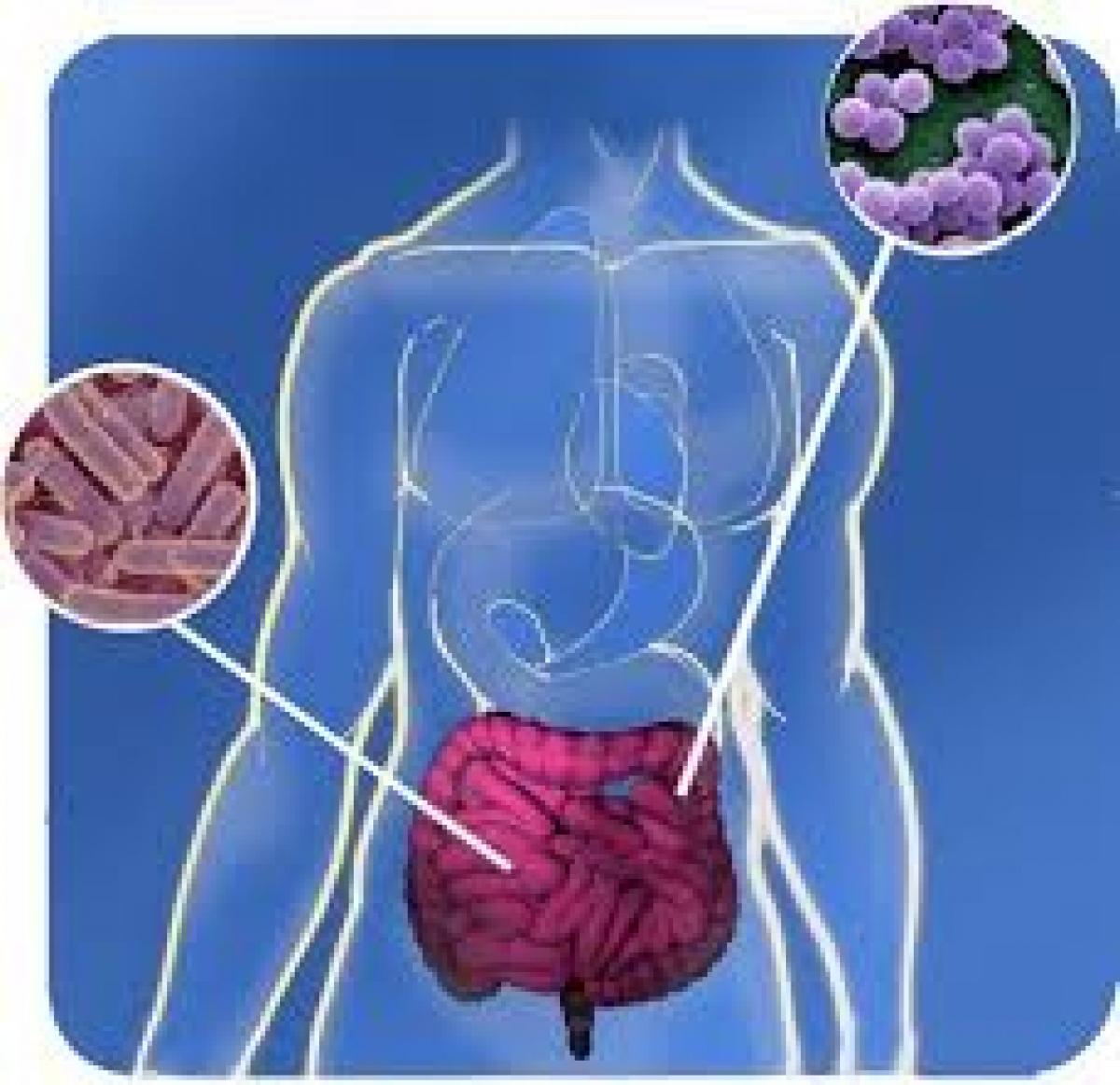Live
- DEO suspends teacher accused of sexual assault
- PM ‘cursing’ Congress out of despair: Maharashtra Cong Chief
- Applications are invited for Junior Colleges Scheme District Scheduled Castes Development Officer Ramlal
- A nomination was filed on the second day for the Nagar Kurnool parliamentary seat
- SP Gaikwad inspected the Telangana Amarnath Saleswaram Jatara yatra arrangements
- Rahul Gandhi's decision to contest from Wayanad shows 'lack of confidence': BJP President Nadda
- IPL 2024: Delhi bowlers will go after all of SRH’s top-order batters, says head coach Ricky Ponting
- At Amroha rally, PM Modi sends out ‘meaningful’ message for Muslims and Hindus
- Tripura records highest 79.83 pc voter turnout in Northeast
- The government has to clear the confusion





.jpg) New York: Scientists at the Massachusetts Institute of Technology (MIT) have engineered Bacteroides thetaiotaomicron - one of the most common bacteria in the human gut - with new functions.
New York: Scientists at the Massachusetts Institute of Technology (MIT) have engineered Bacteroides thetaiotaomicron - one of the most common bacteria in the human gut - with new functions.



